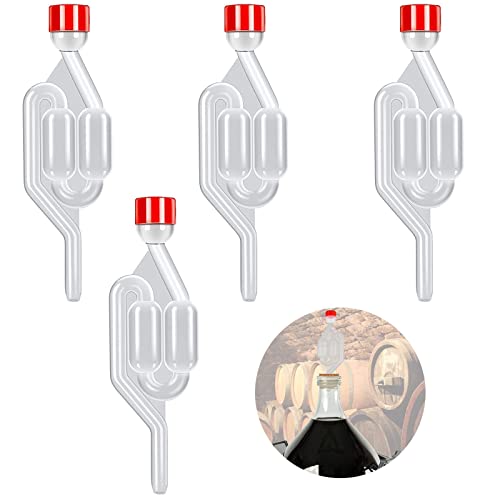Sadfield
Landlord.
That's right if you are simply trying to get two different volumes of exactly the same water.I got my thick head on. Just tell me if I’m doing this right. I hate maths.
Baking Soda
NaHCO3 (8g)
Divided by
Total water volume (39litres)
Multiplied by
Mash water volume (20litres)
8 / 39 x 20 = 4.1g Mash
8 / 39 x 19 = 3.89g sparge
This good?
@strange-steve calculator may work differently, if that's what you are now using.
































![BREWING THERMOMETER STICKERS ACCURATELY MONITOR FERMENTING BEER & WINE LIQUID TEMPERATURES 5PCS HOME BREW SPIRITS WINE LCD ADHESIVE [US]](https://m.media-amazon.com/images/I/311DDjo2X3L._SL500_.jpg)








